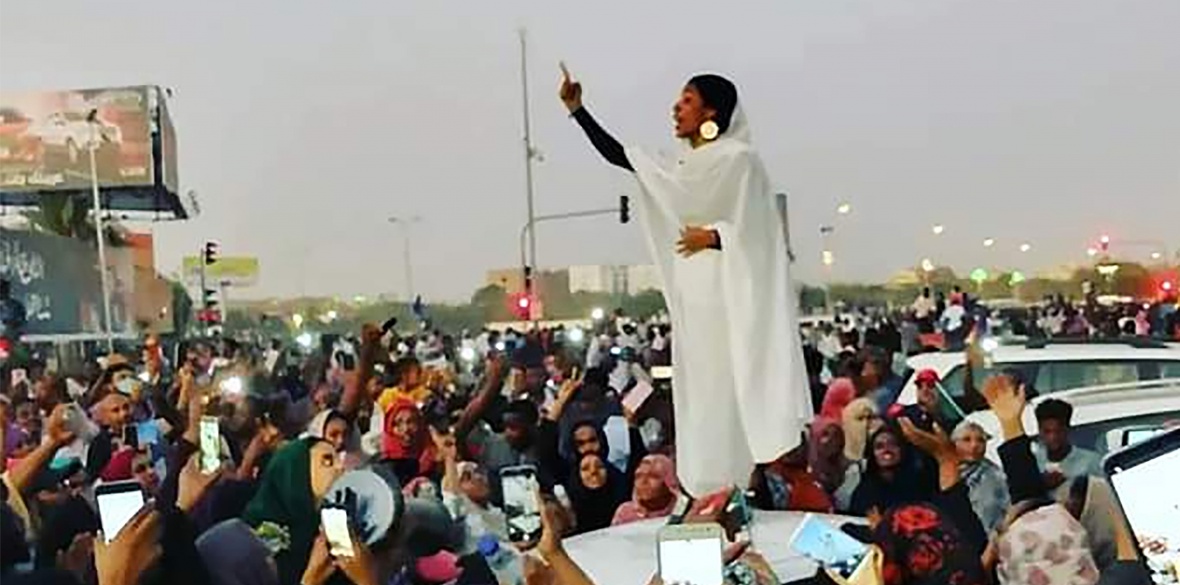This is the last article you can read this month
You can read more article this month
You can read more articles this month
Sorry your limit is up for this month
Reset on:
Please help support the Morning Star by subscribing here
SUDAN has a long history of violence against women and armed conflicts in Darfur, the Blue Nile and Southern Kordofan have led to gross violations of human rights and escalated gender-based violence (GBV), including the rape of women and girls by warring parties and others.
Peace agreements, including the very recent Juba Agreement, have fallen short of addressing GBV.
Inadequate health services, a weakened legal system and the absence of psychosocial assistance have meant that women and girls often have to suffer in silence.
Moreover, GBV has been used as a weapon of war in Darfur — to physically and psychologically hurt women and girls and humiliate their male relatives and communities.
GBV has also been used to punish female activists, as was the case during the dispersal of the sit-in in front of the military headquarters in Khartoum in June last year, where many women, girls and boys were sexually assaulted.
Yet no perpetrator has been brought to justice. Women’s organisations have put fighting inequality, justice for the victims of GBV and ending GBV on the top of their agenda.
Female genital mutilation (FGM) and child marriage are widely practised in Sudan and during the Covid-19 lockdown in the Sudanese capital Khartoum the number of cases of domestic violence against women and girls has increased. Covid-19 has resulted in a sporadic increase in domestic violence due to the lengthy lockdown, the economic hardship and loss of incomes and work.
In the 16 days of activism in the wake of Sudan’s victorious December revolution in 2018, which ousted dictator Omar al-Bashir, women in Sudan showed resilience and strength in fighting the repressive Islamist regime.
Women were present throughout the revolution and they contributed immensely to its success, with women making up more than 70 per cent of those who marched on the streets, often referred to as “the kandakas,” a name historically and locally given to queens of Sudan.
But in May 2020, the country entered a new era, with the historic milestone of the issuance of a law criminalising FGM.
This is a practice in Sudan that is based on deeply rooted social norms and misconceptions, and uses religious messages to lure women and communities to submit to heinous practices that violate girls’ and women’s rights.
Another milestone for women and girls in Sudan is that the country withdrew the reservations on the African Committee of Experts on the Rights and Welfare of the Child.
Now Sudan considers itself bound by: Article 10 regarding the protection of privacy; Article 11 (6) regarding the education of girls who become pregnant before completing their education; and Article 21(2) regarding child marriage.
Sudanese women’s fight for justice and equality continues, and women are exerting great pressure on the civilian government to sign and ratify the convention of elimination of all forms of discrimination against women (Cedaw) and they are determined to overcome the opposition coming from the supporters of the defeated regime. They are sure they will soon add this convention to the list of their achievements.












